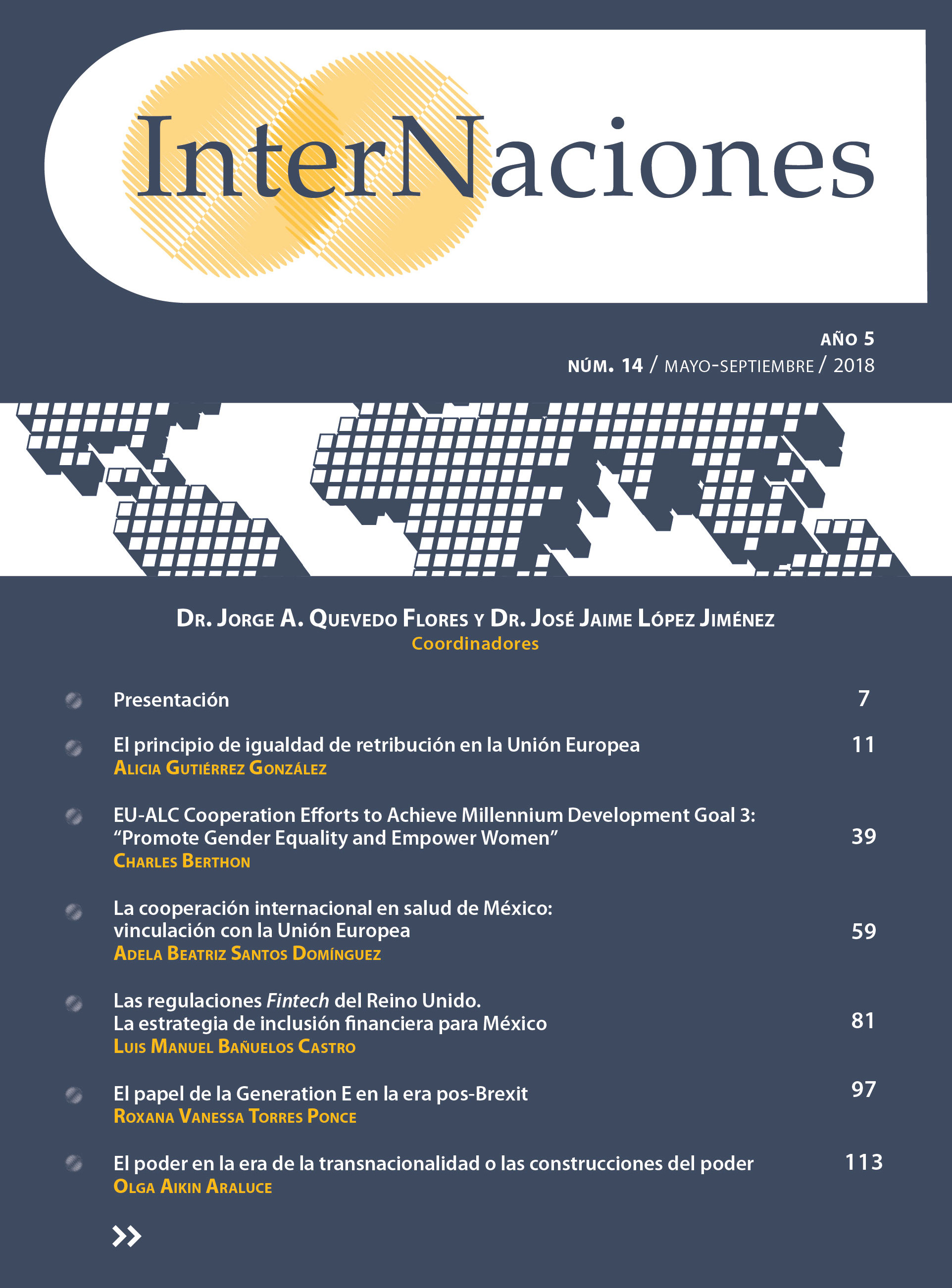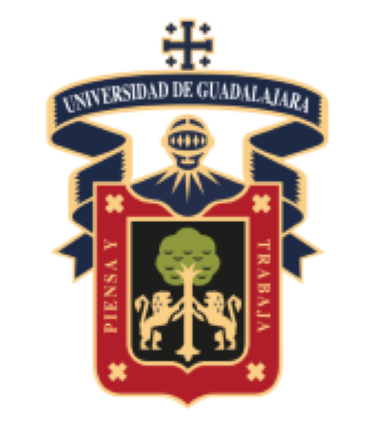Power in the era of transnationality or constructions of power
DOI:
https://doi.org/10.32870/in.v0i14.7082Keywords:
poder, transnacionalidad, construcciones del poder, relaciones internacionalesAbstract
Power, in the social sciences, is subject to interpretation. This essay presents the ideas of six authors on the matter, thinkers who have been very outstanding in the field of international relations and political sociology. The neorealist vision of Kenneth Waltz is reviewed; the novel vision that the paradigm of global society provided in the seventies of the last century by Robert Keohane and Joseph Nye; as well as the ideas of the constructivist Alexander Wendt, Robert Cox from critical theory, Susan Strange from the English school, and Manuel Castells from political sociology. Beyond the dominant positions typical of realism and neorealism, we can confirm that the thinking around power has been becoming more sophisticated and evolving, becoming more capable of understanding the complex political processes typical of the era in which we live, strongly permeated by phenomena such as transnationality or the microelectronics revolution. The selected authors present (between 1970 and 2000) alternative and more complex ways of conceptualizing power, breaking with an immutable, a-historical and one-dimensional vision typical of realism.Downloads
Downloads
Published
How to Cite
Issue
Section
License
Copyright (c) 2018 Universidad de Guadalajara

This work is licensed under a Creative Commons Attribution-NonCommercial-ShareAlike 4.0 International License.
CC BY-NC-SA 4.0 https://creativecommons.org/licenses/by-nc-sa/4.0/



























